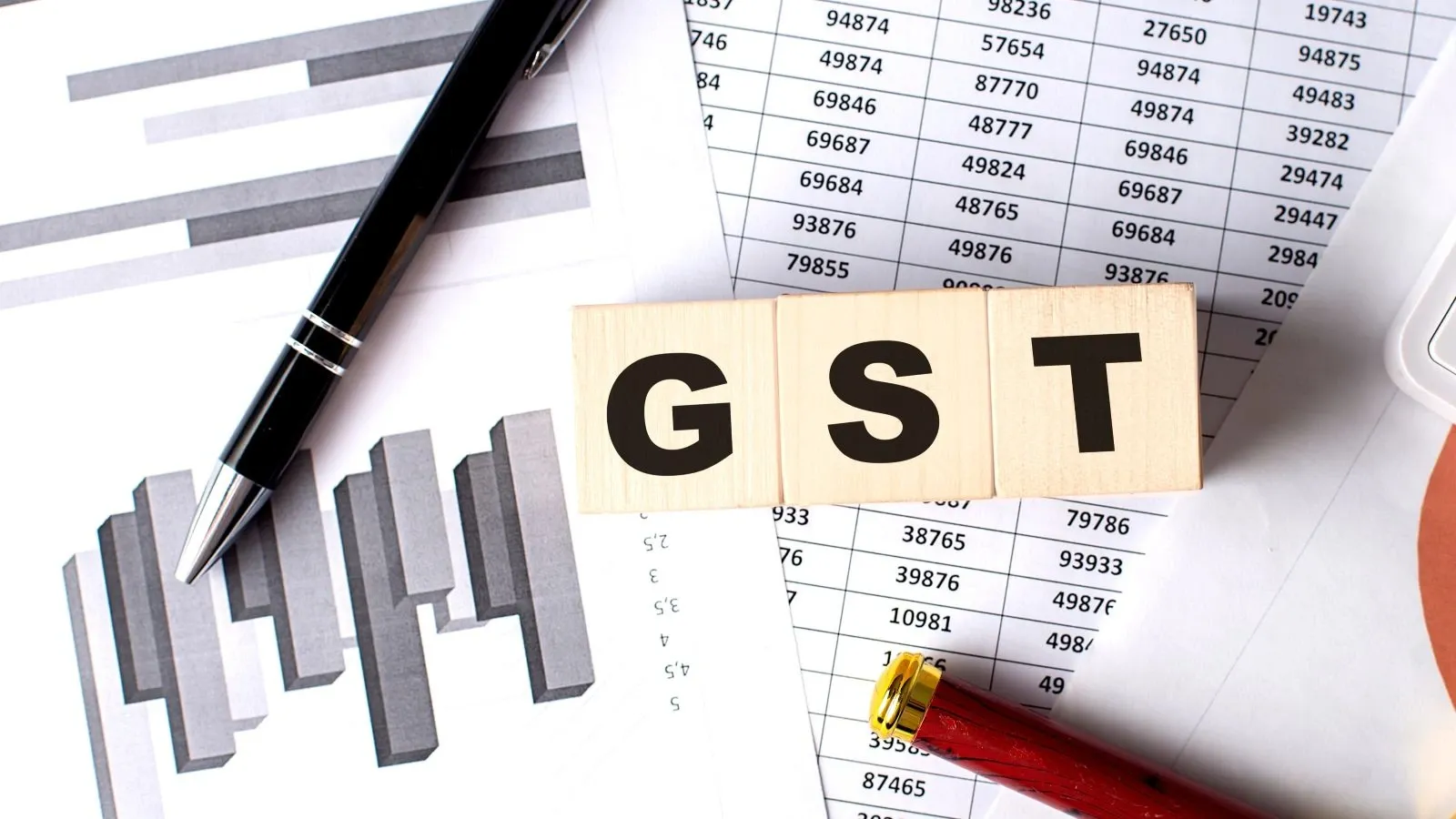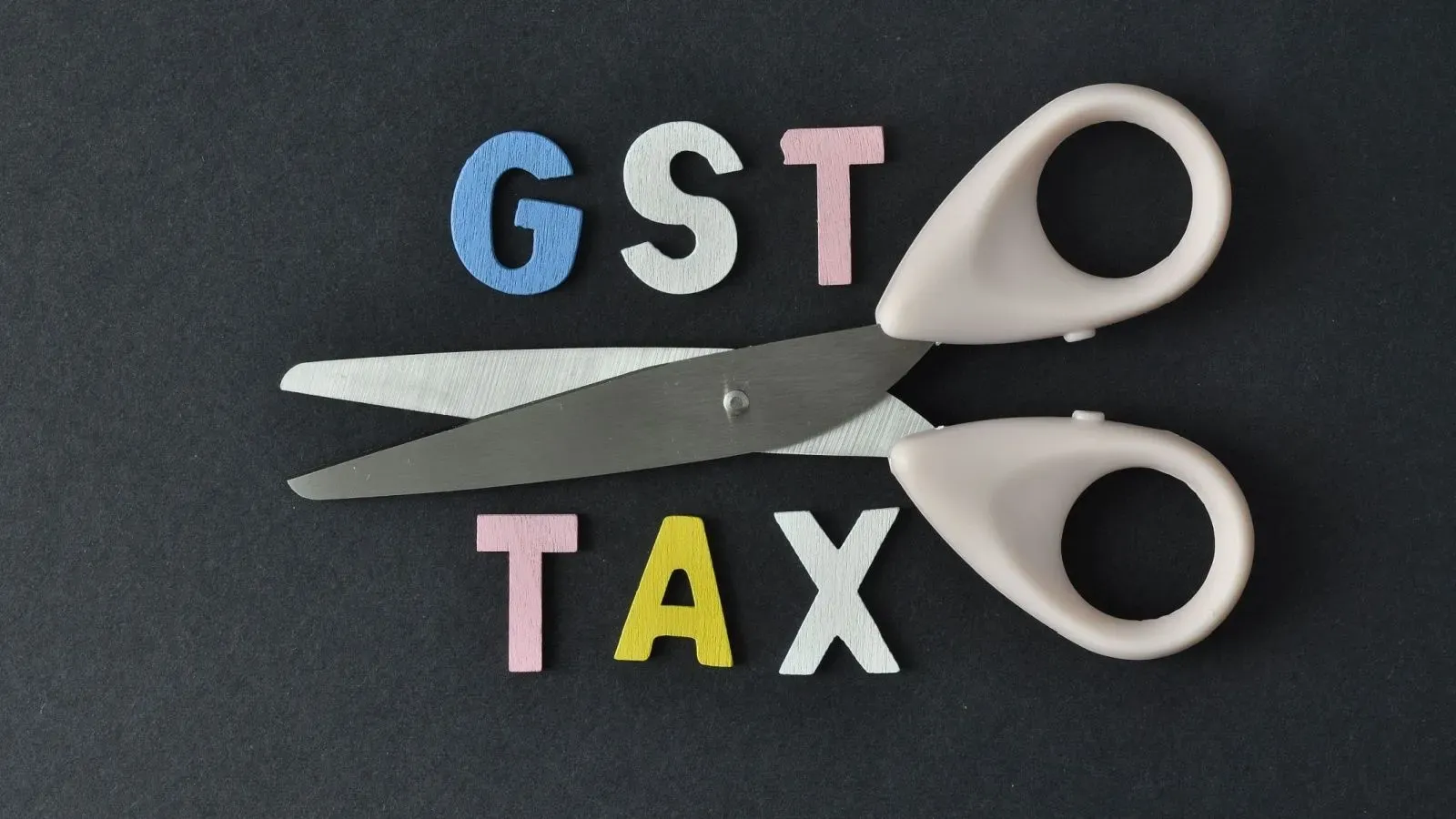Market News
HUL, GCPL, Nestle India, Britannia: What to expect from FMCG firms in Q2 earnings

6 min read | Updated on October 08, 2025, 10:40 IST
SUMMARY
FMCG Q2 preview: For the September quarter, leading FMCG firms may report underwhelming numbers, given the short-term disruption they have been reporting in trade for September on account of the implementation of new GST slabs. This has impacted their revenue and profitability during the quarter.

The FMCG companies expect growth in the second half of the fiscal year. | Image: Shutterstock
For the September quarter, leading FMCG firms such as Hindustan Unilever (HUL), Godrej Consumer Products (GCPL), Dabur India, Marico, Britannia Industries, Nestle India, ITC, Tata Consumer Products, and Emami may report underwhelming numbers, given the short-term disruption they have been reporting in trade for September on account of the implementation of new GST slabs. This has impacted revenue and profitability in the second quarter.
Major players, including HUL, Dabur, and Marico, continued their momentum in July and August with stable demand trends. However, in September, they had to absorb the transitory impact of disruption in trade channels on account of GST reforms, and one of them expects the impact to drag into October.
The companies say the consumers had deferred their purchase after the government announced the Next-Generation (GST 2.0) reforms on September 4, lowering duties on most daily essentials, including food and personal care products.
The FMCG companies expect growth in the second half of the fiscal year, helped by the stabilisation of prices and stimulation in demand from the lowering of duties.
Moreover, they also expect sentiment to gradually improve during the festive season and months ahead, aided by easing inflation, above-average monsoons, a healthy crop outlook and policy stimulus.
Home-grown firm Dabur said it faced "short-term moderation in sales" in the second quarter as its retail business saw a 'temporary disruption' due to the deferment of purchases by consumers awaiting price cuts to take effect following GST rate rationalisation.
Moreover, its distributors and retailers also focused on liquidating the existing higher-priced inventory, said Dabur in its updates for the quarter ended September 2025.
However, its 'non-GST impacted brands' like Dabur Honey, Anmol Coconut Oil, Gulabari, and Hajmola Zeera have performed well.
Overall, 60% of Dabur's India business will benefit from the lowering of GST, which, according to the company, will drive affordability & enhance purchasing power, which will boost consumption across categories and strengthen demand in both urban and rural markets.
Similarly, FMCG behemoth HUL last month said that while reduced GST rates will support long-term consumption, short-term order postponement due to anticipation of lower tax led to "near flat to low-single digit" business growth in the September quarter.
HUL, which owns popular brands like Lux, Rin, Surf Excel, and Ponds, has witnessed a transitory impact "in the form of disruption at distributors and retailers" across channels to clear existing inventories at old prices.
"This has resulted in postponement of ordering in anticipation of receiving new stocks with updated prices and lower orders across the overall portfolio as consumers delayed their pantry buying," HUL said in a regulatory filing.
This disruption resulted in a short-term impact on sales for the company in the September quarter.
"Given our existing pipeline inventory in the channels, we expect this impact to continue into October as well," it said.
Marico also said GST rationalisation has benefited 30% of its India business, which will stimulate demand and help in long-term growth in the FMCG sector.
"During the quarter, the India business continued to exhibit steady momentum through the months of July and August, while having to absorb the transitory impact of disruption in trade channels and purchases by the Canteen Stores Department ahead of the implementation of new GST rates in September," it said.
Despite the same, underlying volume growth in the India business remained in high single digits, albeit moderating sequentially, it said.
GCPL, in its business update on Tuesday, October 7, echoed similar views. It said that the GST rate reductions have resulted in some short-term adjustments across trade channels, as distributors and retailers focused on liquidating existing inventories. This has delayed the flow of new orders and temporarily deferred consumer purchases, impacting both growth and profitability.
GST 2.0
The GST Council in early September decided to replace the four-slab structure of the Goods and Services Tax with two broader rates of 5 and 18%, putting most of the common-use items and food products under a lower tax rate.
The decision prompted consumers to delay purchases until the new rates took effect on September 22.
What analysts say
The consumption environment has been muted since its post-COVID-19 spurt. While structural issues remain, a combination of an income tax cut, a Goods and Services Tax (GST) cut, and a repo rate cut (to a smaller extent) has the potential to trigger an improvement in demand, especially in urban areas, which has been weak for more than a year.
Rural demand, meanwhile, remains robust – visible in the real rural wage growth trends, analysts say.
"We see incremental benefits of around ₹2.0-2.5 trillion for customers via the three initiatives mentioned above, which make up around 2%/3%/8% of India's overall Private Final Consumption/Retail/Organised Discretionary expenditures," said analysts at HSBC Research in its report dated September 24, 2025.
On the downside, the risks to consumer recovery remain the repayment of personal debt or a higher propensity to save, they note.
Summary
Largely, traditional FMCG firms are expected to report muted numbers given the short-term disruption due to the new GST rate implementation. The management commentary and the guidance for the next two quarters will be keenly watched and influence investor sentiment going ahead.
How shares have performed on bourses
The NIFTY FMCG index has fallen around 2% in the past three months (from July 8 levels). Among individual stocks, Britannia shares have slipped 0.6%, while HUL shares have gained around 4%. Nestle India shares have declined over 3% during the period, while Marico has also slipped 3%.
Dabur India shares have fallen over 4% and GCPL has slipped over 9%. Meanwhile, Tata Consumer Products (TCPL) has gained around 1% in the three-month period, data show.
Related News
About The Author
Next Story



